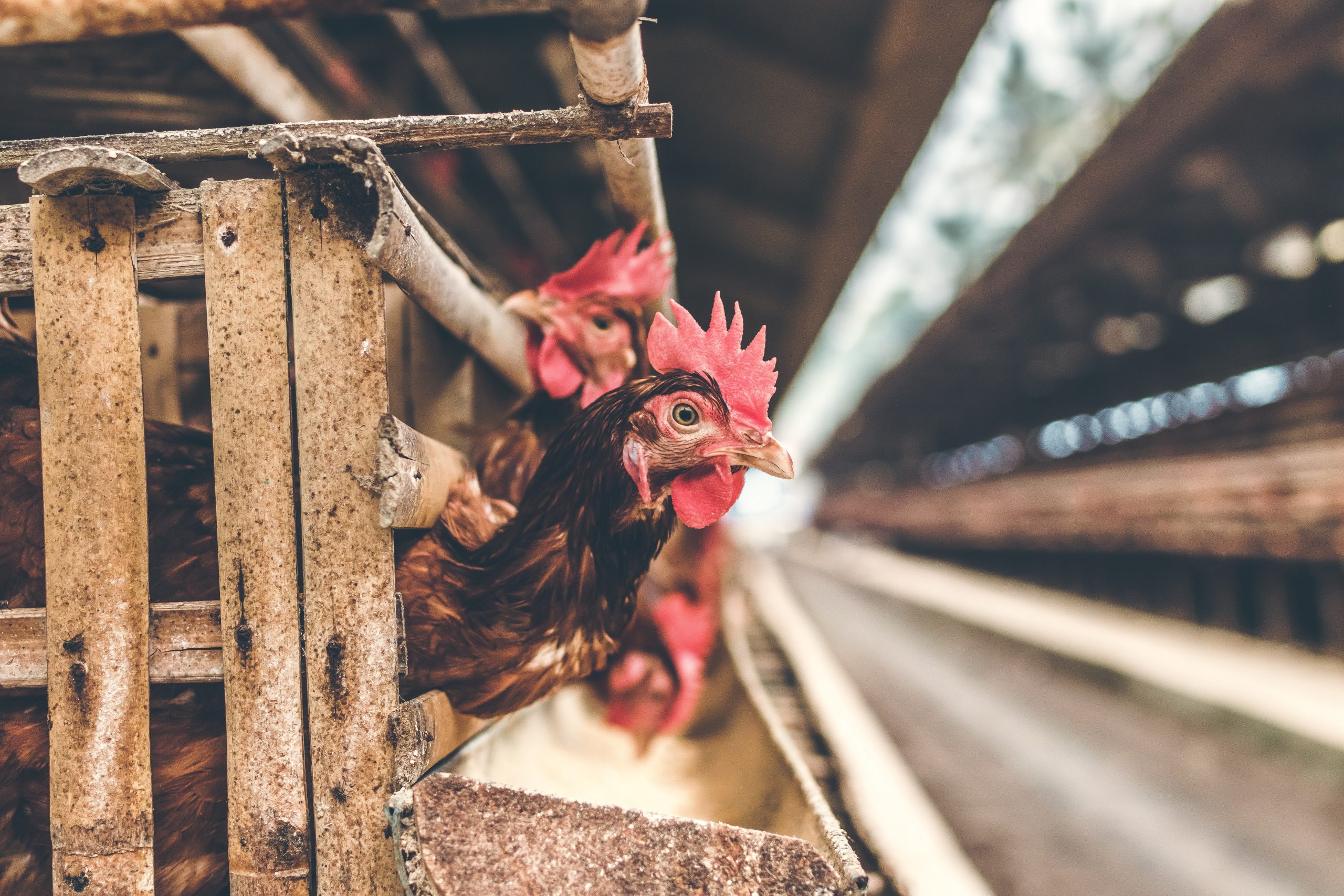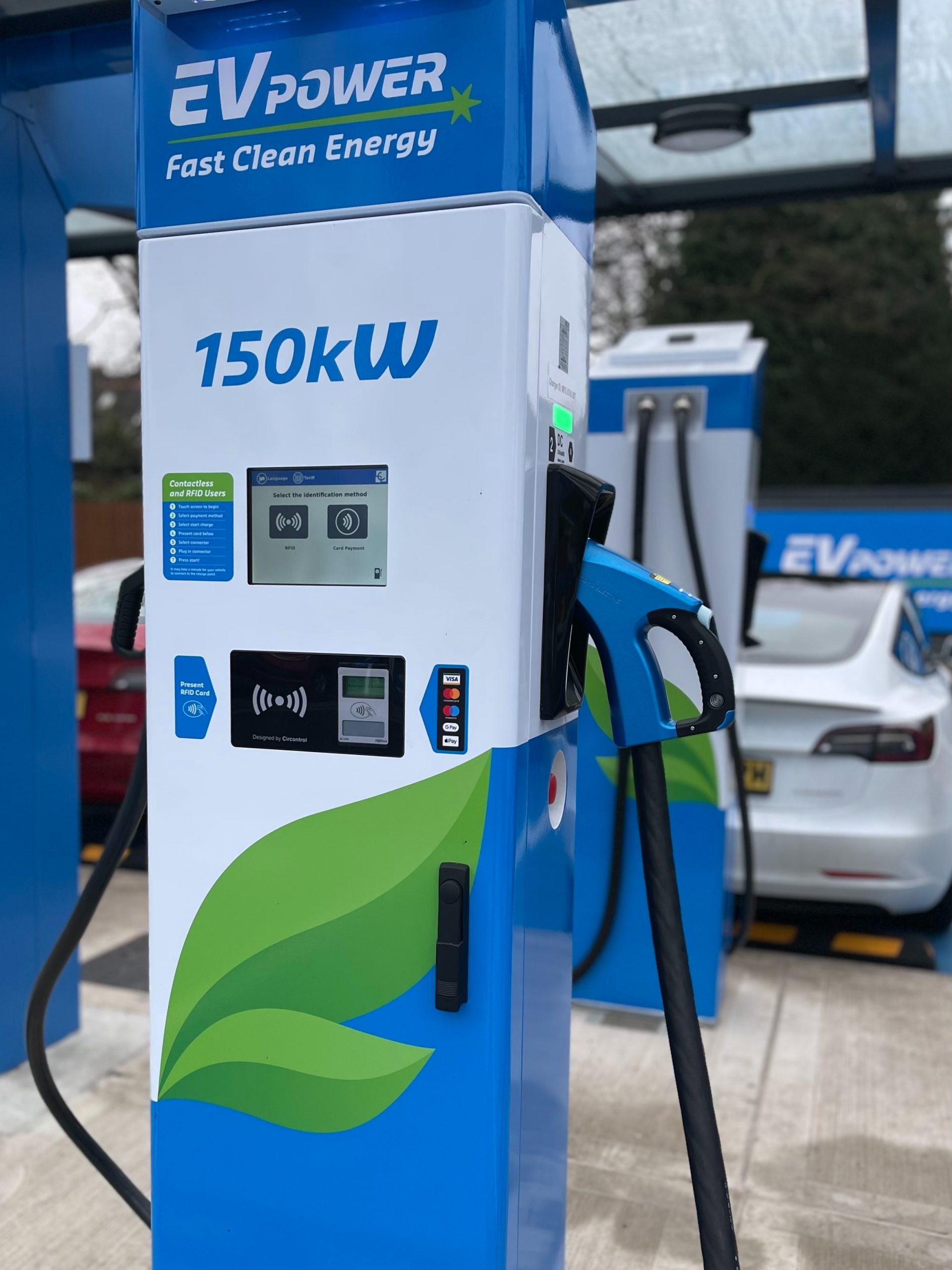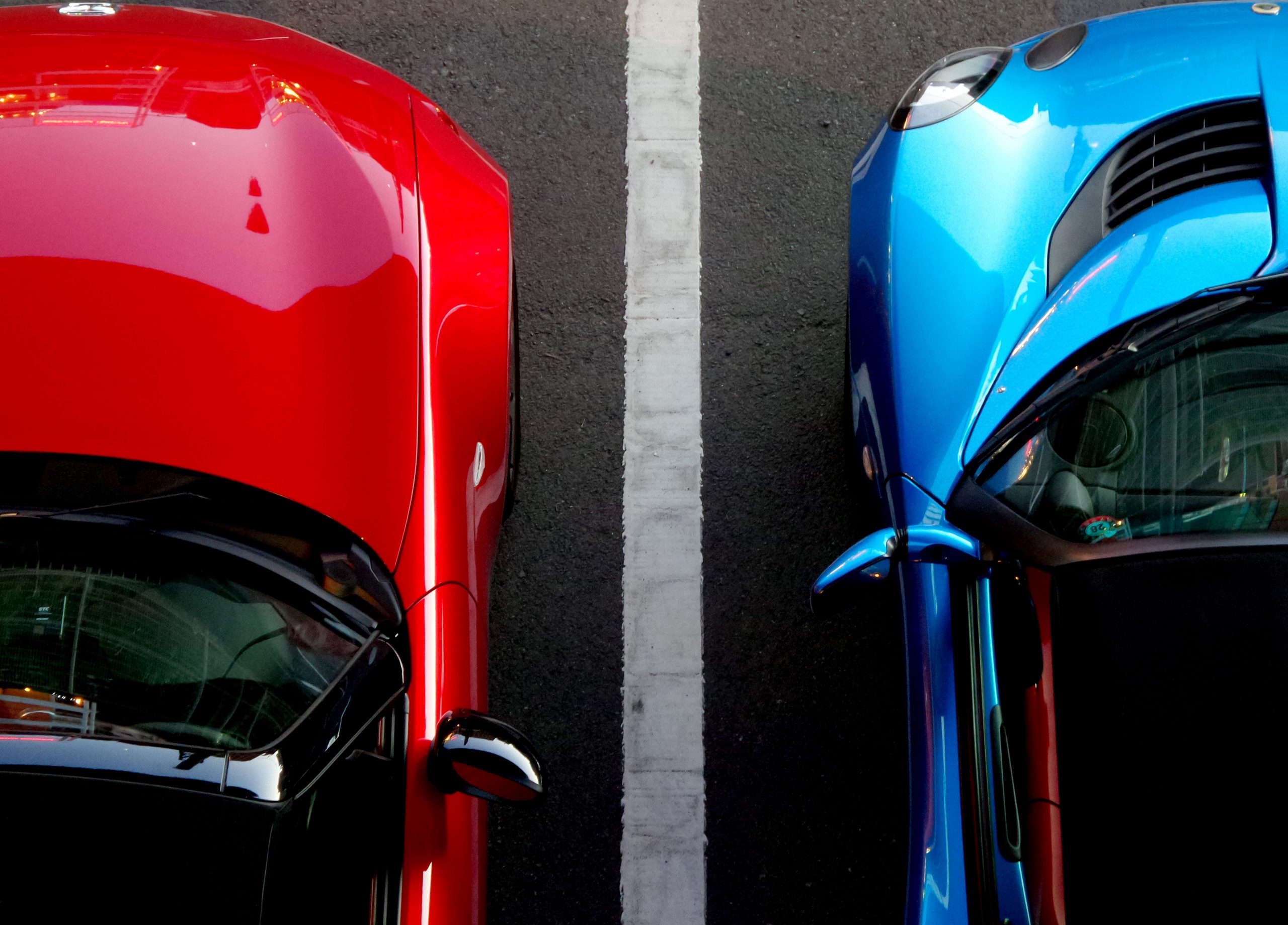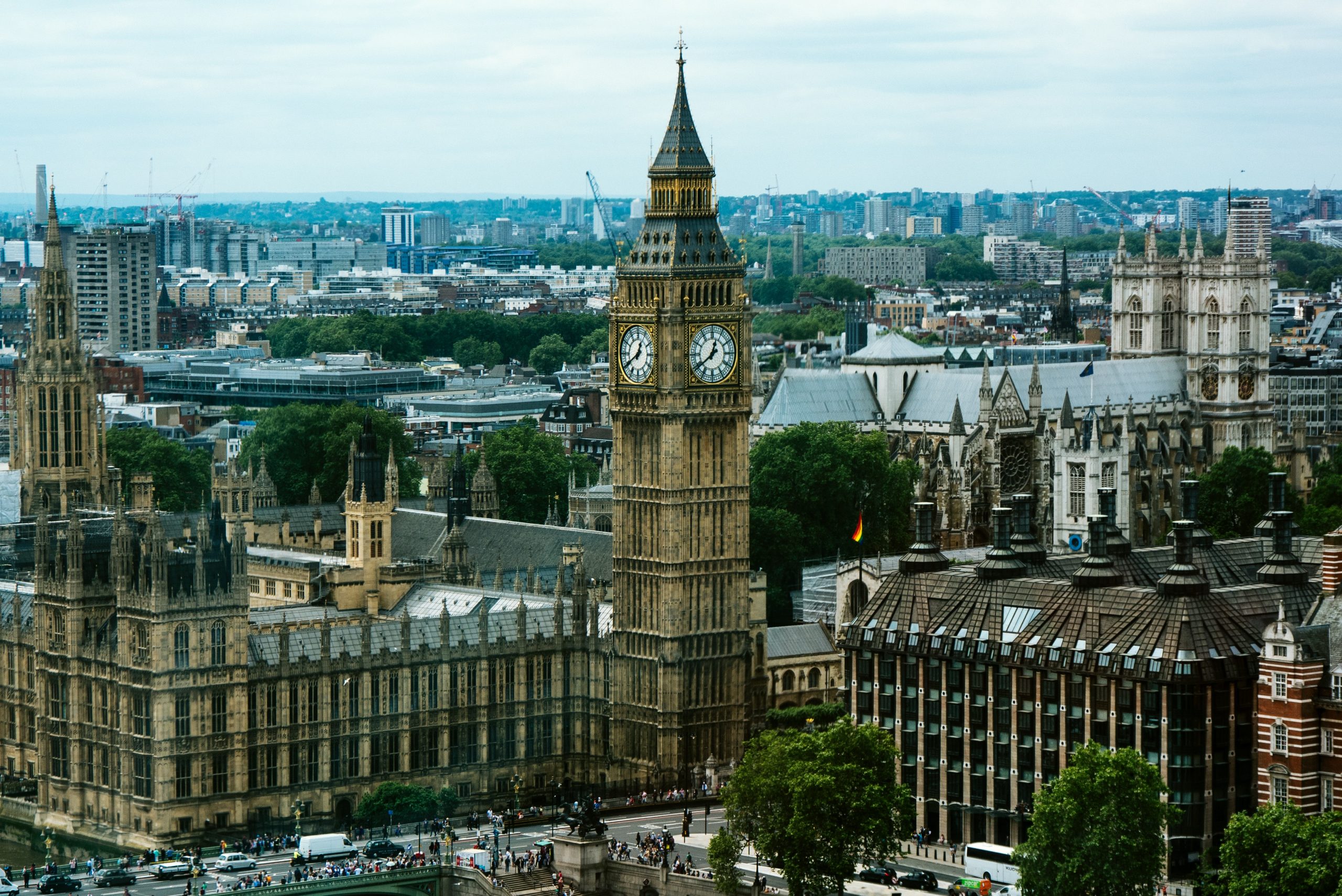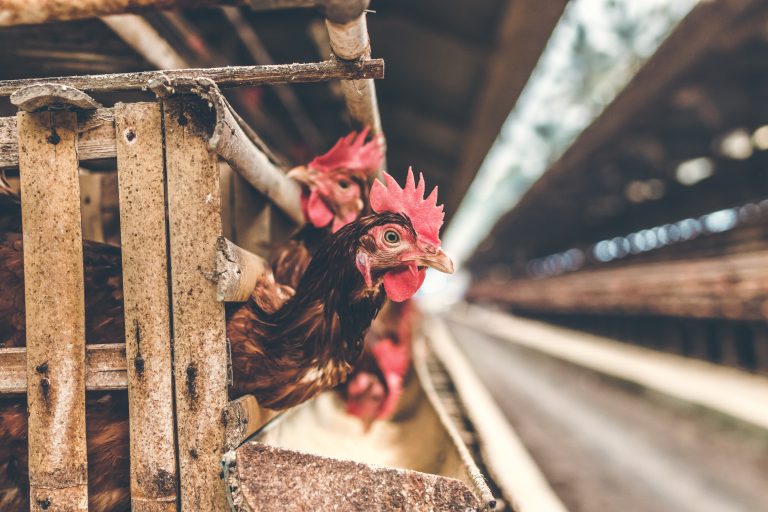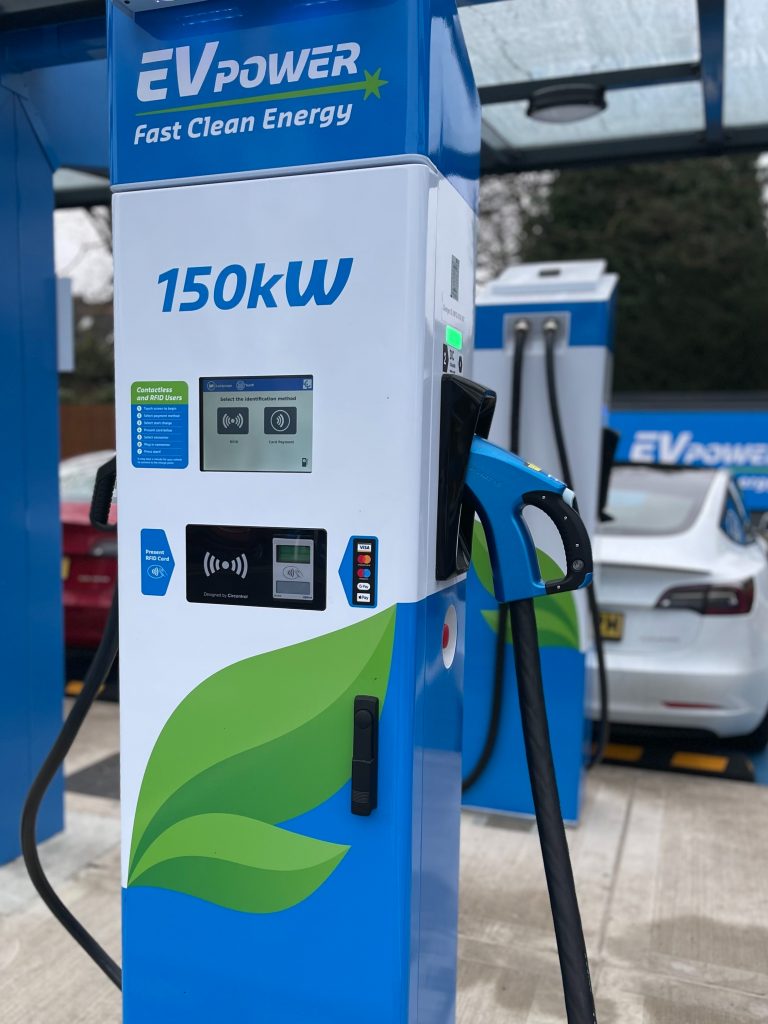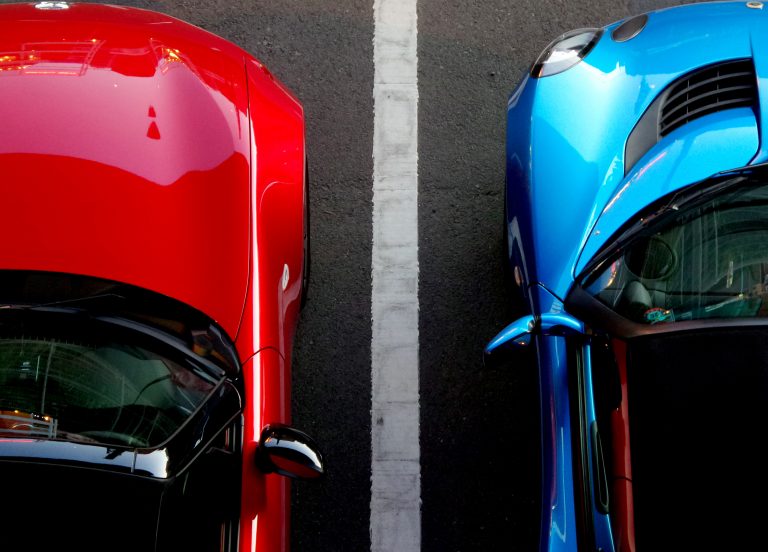Namibian Villagers Fight Against Oil Giant
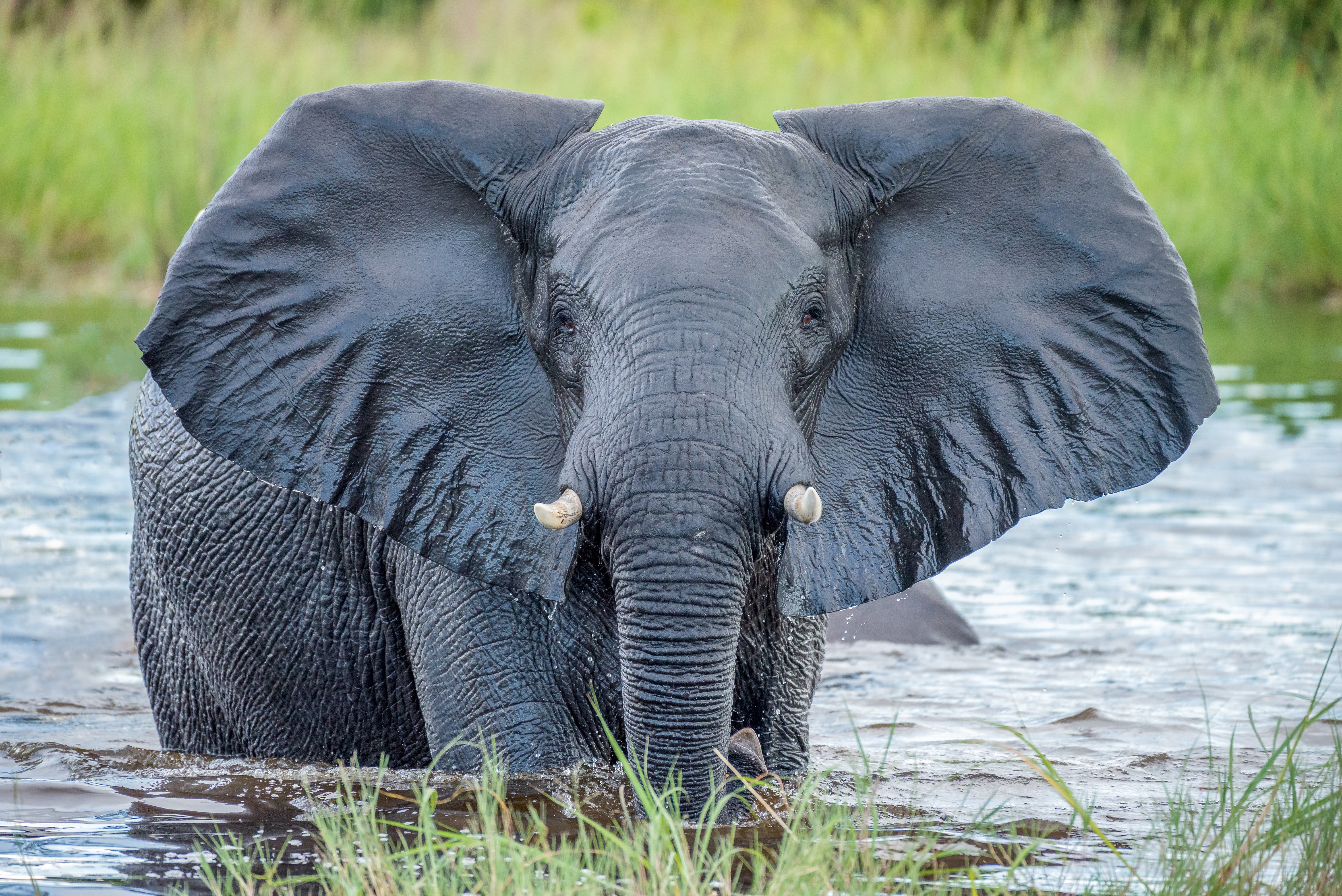
Oil is at the heart of growing controversy in the African country of Namibia where a David and Goliath battle between Canadian multinational ReconAfrica and local villagers has emerged. ReconAfrica wants to drill for oil in the Okavango wilderness area of Namibia. The area, one of the few remaining pristine wildernesses in the world is home to numerous plants and animals, many of which are on the endangered species list. Villagers claim that they have not be consulted about the plans and that their land is being taken without permission. ReconAfrica believes that the oil could be transformative to Namibia, helping it to become one of the wealthiest countries in the world. Environmentalists fiercely oppose the plan and the fracking method ReconAfrica intends to use saying that it will irreversibly damage the complex Okavango Delta responsible for irrigating the area and providing water to the region, and contaminate the soil that villagers rely on for growing their food. Yet despite the opposition and their constitutional commitment to protecting the environment, Namibia’s leaders, citing the economic benefits a discovery of oil could bring to the country, have committed to allowing the exploration project to go forward.
Oil, often referred to as liquid gold and essential to modern society, is a product that is only available in a finite amount. For the past 50 years or so, countries in the Middle East like Saudi Arabia have supplied the world’s vast appetite for petroleum. Now, a Canadian company, Reconnaissance Africa, believes that Namibia could be sitting on as much as 120 billion barrels of crude oil. ReconAfrica, as they are known, claims that developing the oil fields would transform Namibia’s economy, lifting it out of its current state of relative poverty and making it one of the richest in the world. Others argue that drilling, particularly using the controversial fracking method, proposed by ReconAfrica, will forever change the landscape of one of the few remaining pristine wilderness areas in the world at a time when the world is focused on moving away from its dependency on fossil fuels.
Kovango Basin, part of the Okavango wilderness area in Namibia and Botswana, is home to a vast number of birds, insects, reptiles, and animals including many endangered species like rhinoceroses and cheetahs. Recognized as a World Heritage Site, the Kovango Basin is also home to local villagers who depend on the land for the food they eat. Villagers are worried that developing oil fields could contaminate the land they rely on for crops and change natural irrigation flows. One key point of concern is the future of the Okovango Delta, a complex ecosystem responsible for delivering water to parts of Namibia, Botswana, and beyond. With its semi-arid climate, having a safe and dependable water source is essential to Namibia.
While environmentalists are calling on Namibia’s government to reconsider the permission it has given to ReconAfrica to start its exploration, ReconAfrica is moving swiftly forward, despite claims by local communities that they were not consulted about the deal and that their land is being taken with their consent. Those supporting the drilling focus on the economic benefits it would bring to the country and to a world that relies on petroleum in so many ways. Those protesting argue that the economic benefits are not worth the environmental costs. Further, there is concern that ReconAfrica is not taking the steps it promised to protect soil and water in areas where drilling is taking place, raising questions regarding the company’s ethics and corporate citizenship. For now, Namibia’s government is stating that it has only given ReconAfrica permission to conduct exploratory drilling operations, not extraction, a response that so far, has not satisfied those who worry that ReconAfrica’s focus on short term gains overlooks longer term consequences.
Discussion Questions:
1. Discuss the dilemma facing Namibia’s leaders. The country could benefit economically from oil production, yet at the same time, extracting the oil could cause irreversible damage to the environment. How should they respond? Are the economic benefits worth the cost or is the world about to witness a tragedy of the commons of monumental scale?
2. Using a utilitarian approach to ethics, consider the decision by ReconAfrica to explore and potentially extract oil from Namibia’s Kovango Basin. Is ReconAfrica being unethical with its willingness to intentionally disrupt a World Heritage Site, one of the last remaining pristine wilderness habitats in the world? What ethical responsibility does ReconAfrica have to Namibia and to the world in general?
3. Reflect on the consequences of your actions with regard to the controversy in Namibia. As someone who consumes oil daily as you drive your car or eat food that has been packaged in plastic and delivered by trucks powered by petroleum, what role do you play in the situation? If demand for oil decreases through the actions of consumers, would it still make sense for ReconAfrica to extract Namibia’s oil, disrupting the natural habitat of those who rely on the land?
Sources: National Geographic: Test drilling for oil in Namibia’s Okavango region poses toxic risk; Sky News: Africa’s Carbon Gigabomb; Photo by Felix M. Dorn on Unsplash

